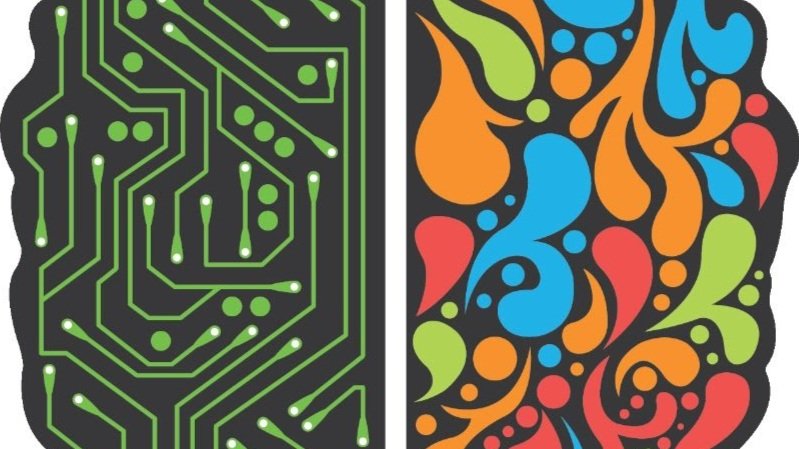
Self-Recognition
Self-Recognition: Honoring Your Journey as a Caregiver
Caring for a neurodivergent child is an extraordinary commitment—one that often asks more of you emotionally, mentally, and physically than you ever anticipated. In the midst of appointments, behavior plans, and sleepless nights, it’s easy to overlook the most vital component: you.
Self-recognition is not self-congratulation—it's an intentional practice of noticing your growth, appreciating your resilience, and validating your daily wins. By doing so, you strengthen your ability to show up with compassion, grace, and confidence.
Why Self-Recognition Matters
Caregivers are often more vulnerable to caregiver fatigue, imposter syndrome, and emotional burnout. When you’re constantly focused on your child’s needs, it’s easy to neglect your own identity and progress.
By acknowledging your journey:
You develop greater emotional endurance.
You build self-compassion and reduce guilt.
You model self-worth for your child and family.
How to Practice Self-Recognition
Reflect on Your Successes and Challenges
Set aside time each week to journal or talk through moments that mattered—both difficult and triumphant.
Prompts to Get Started:
What’s something I handled better this week than last?
What’s a challenge I’m learning to face with more calm or clarity?
How has my perspective shifted since beginning this journey?
Tools:
Reflectly App – AI-based journaling for self-growth.
Gratitude Journal Templates (Therapist Aid) – Free downloadable PDF.
Practice Positive Self-Talk
Replace internal criticism with affirmations and gentle truths. You are doing incredibly hard work, and you deserve kindness—from yourself most of all.
Examples of Self-Recognition Statements:
“I am learning every day, and that is enough.”
“I may not have all the answers, but I show up with love and effort.”
“I am proud of the ways I’ve advocated for my child.”
Resources:
Celebrate Your Role as an Advocate and Supporter
You’ve fought for IEPs, researched therapies, attended difficult meetings, comforted your child during meltdowns, and adapted to daily surprises. That’s not just parenting—that’s advocacy.
Ways to Celebrate:
Keep a “Parenting Wins” journal or digital photo album.
Mark progress milestones with a family ritual or small personal reward.
Share your story in a support group or blog—it can empower others and affirm your growth.
Communities for Story Sharing:
The Mighty – Platform for people with lived experience, including neurodivergent parenting.
Reddit – r/Parenting or r/Autism_Parenting – Share and receive encouragement.
Real-World Example: "Lisa's Letter to Herself"
Lisa, a mother of a non-speaking autistic son, began writing short letters to her future self at the end of each month. These letters became a record of her transformation—from confusion to fierce advocacy. One of her entries read:
"You didn't have the answers, but you listened to your child. That was the right answer all along."
You can create a version of this yourself—monthly voice notes, short journal entries, or even a blog post. It doesn't need to be public to be powerful.
Encouragement for the Journey
“Acknowledging the good that you already have in your life is the foundation for all abundance.”
— Eckhart Tolle
You are more than “just” a parent—you are an advocate, a researcher, a coordinator, a nurturer, and a safe place. You deserve to be seen, supported, and celebrated—not just by others, but by yourself.
Further Reading & Resources
Self-Compassion by Dr. Kristin Neff – Practical tools and research-backed exercises for self-kindness.
The Resilient Caregiver – Free resources and support for caregivers of neurodivergent children.
How to Practice Self-Compassion – Mindful.org – A gentle guide to cultivating kindness within.